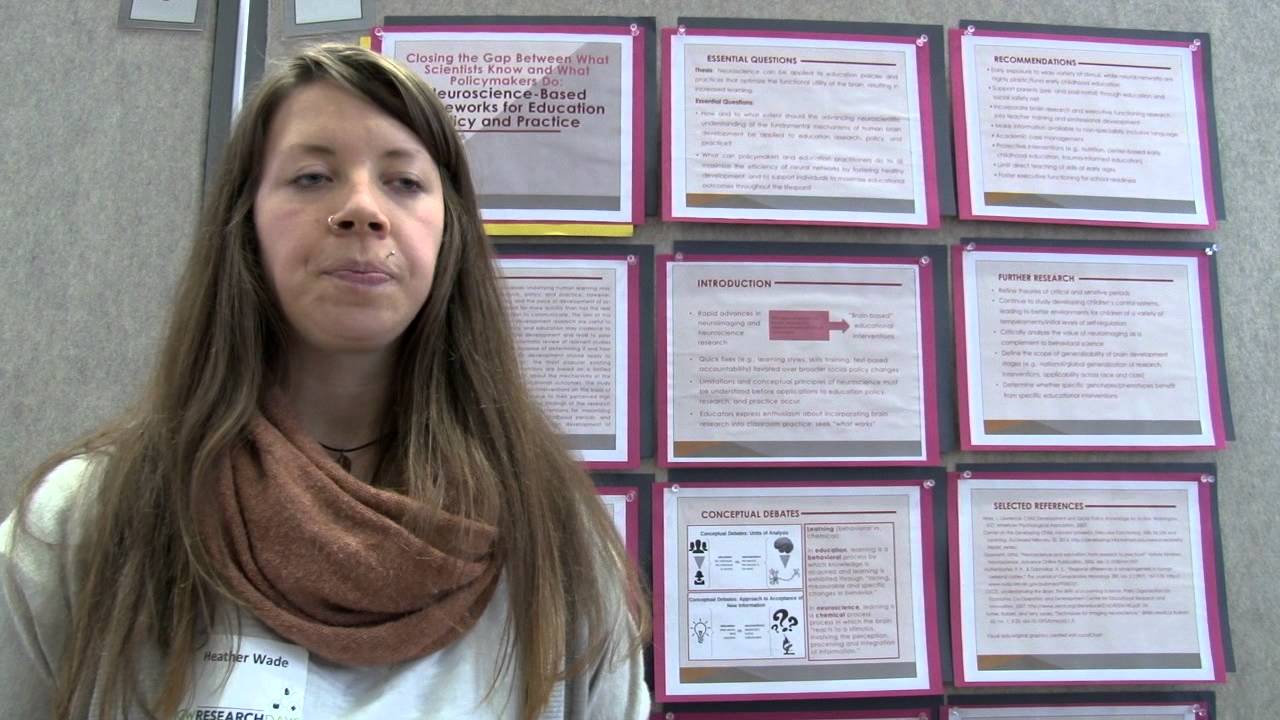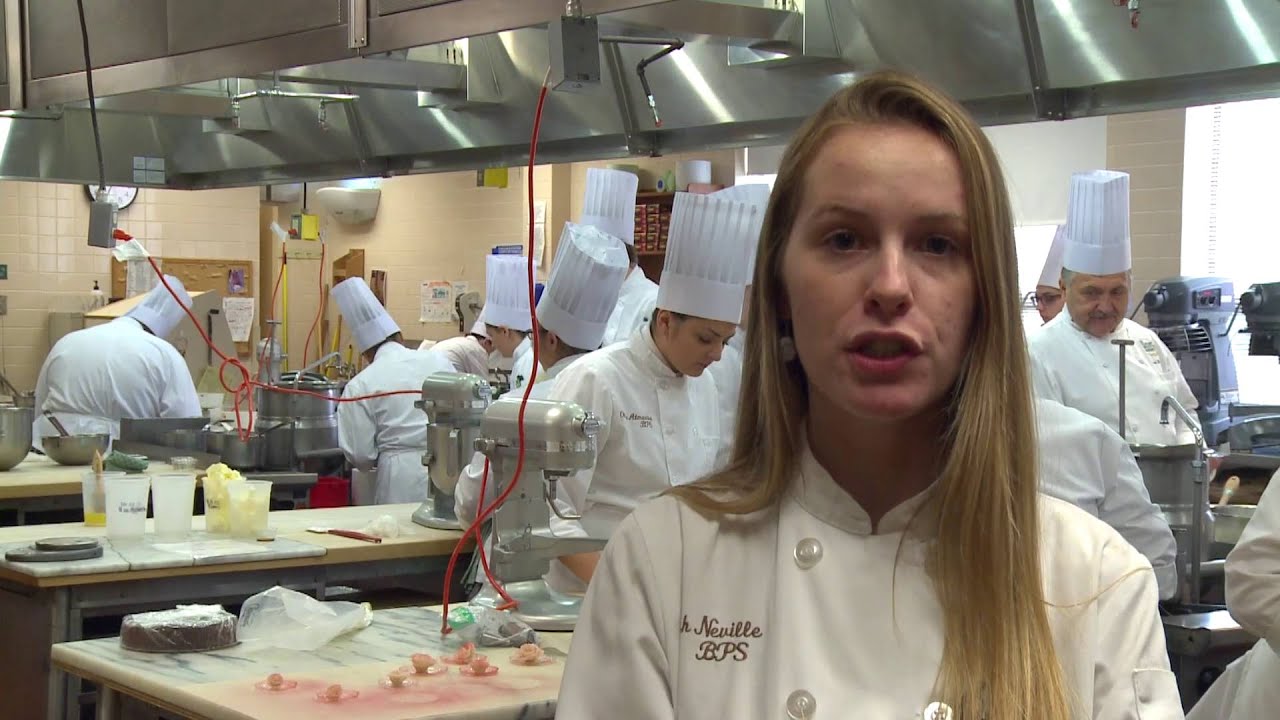Closing the Gap Between What Scientists Know and What Policymakers Do: A Neuroscience-Based Framework for
the Education of Vulnerable Children:
Recent advances in brain research have resulted in a large body of
knowledge about the processes underlying human learning, especially during early childhood. The fundamental—and largely universal—mechanisms of human brain development may offer insight for the field of education, whether in research, policy, or practice. However, education policymakers have failed to act on the insight of neuroscientists. Misappropriation of neuroscience is also widespread, and the pace of development of so-called “brain-based” interventions has proceeded far more quickly than has the actual ability of the fields of neuroscience and education to communicate. The aim of this study is to determine which applications of brain development research are useful to the education, and how the fields of neuroscience and education may coalesce to address the many challenges that inhibit cognitive development and lead to poor educational outcomes in vulnerable children. A systematic review of relevant studies from a variety of sources was conducted with the purpose of determining if and how the fundamentally agreed-upon concepts of brain development should apply to educational interventions. The study found that the most popular existing applications of neuroscience to educational interventions are based on a limited knowledge of neuroscience, or on widespread myths about the mechanisms of the brain, and have little to no long-term impact on educational outcomes. The study also found that attempts to justify legitimate, efficacious interventions on the basis of neuroscience gain little traction in policy and practice due to their perceived high cost of implementation and limited short-term impact. The findings of the research indicate that the highest impact neuroscience-based interventions for improving cognitive development in vulnerable children are those that occur during prenatal and early childhood periods, and provide protective, direct support not only for children, but also for their families.
Res Days
Source
We Share Science: Heather Wade




is that Girl Noory?
The voice does not match
Liberal bimbo voice
Another lefty moron that learned a few big words that is getting into something she knows zero about and will only cause harm to humanity as any other left agenda. Go get a job that helps humanity like floor sweeping and cooking.